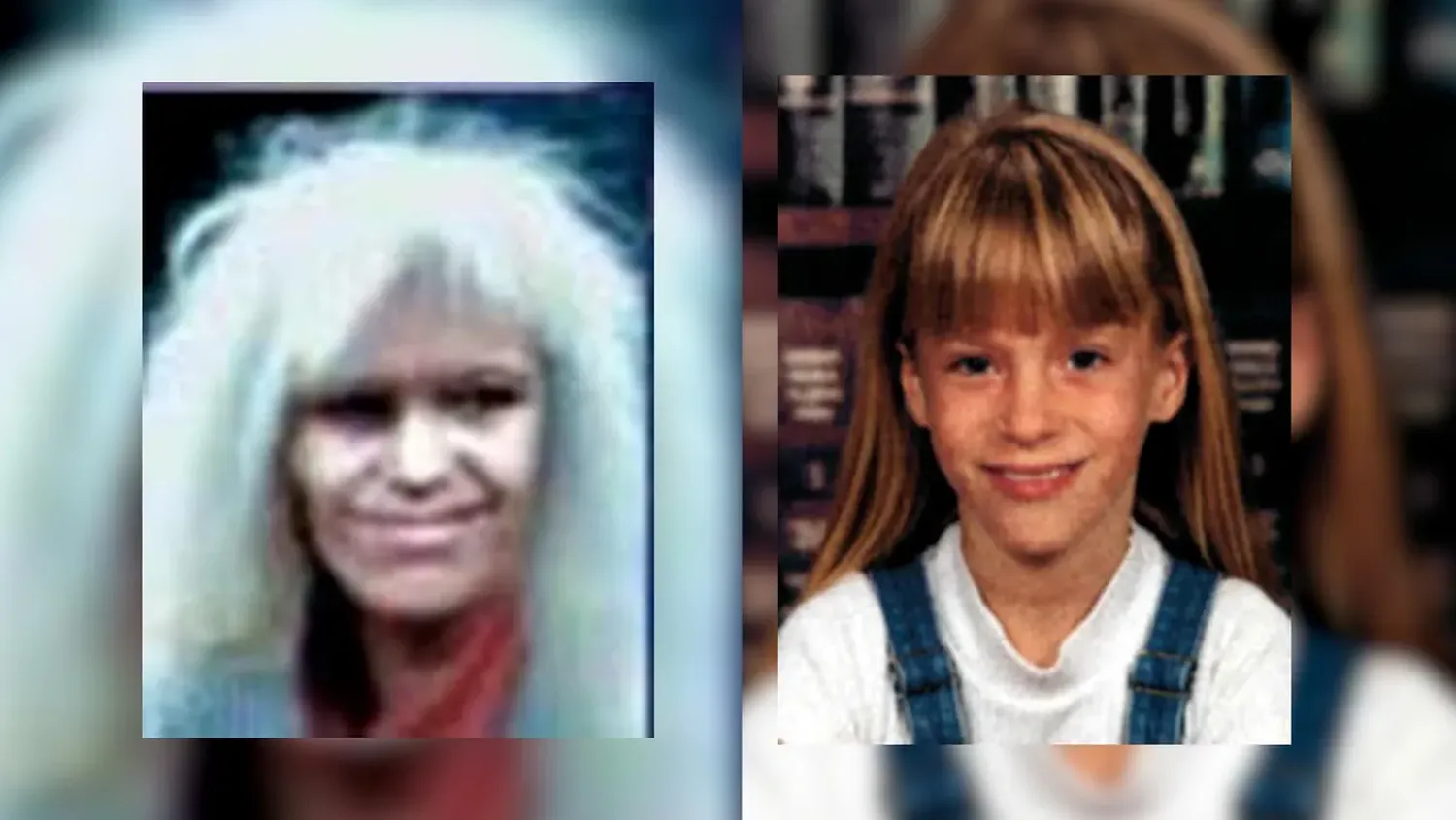Crimes
Deathbed Confession Uncovers 24-year-old Mystery of Missing West Virginia Girl and Mother
A deathbed confession has led authorities to the remains of a young girl and her mother, missing for nearly a quarter of a century in West Virginia. The revelation has ended the long and painful wait for answers in a case that has perplexed law enforcement and tormented a family for 24 years.
Natasha Alexander Carter was just 10 years old when she vanished without a trace, along with her mother, Susan Carter. The pair was last seen on August 8, 2000, leaving behind a void and a community grappling with their unexplained disappearance. The case, which remained cold for years, has finally seen a breakthrough, thanks to the final words of a dying man.
The confession came from Larry Webb, a West Virginia man who, on his deathbed, admitted to the killing of Natasha "Alex" Carter. Webb, who was in his 80s at the time of his confession, had been a person of interest in the case due to his connection with Susan Carter. The two had been living in Webb's house when they disappeared, and Susan was in the midst of a contentious custody battle with Natasha's father.
Webb's admission set off a chain of events that led investigators to the grim discovery of the bodies. The Raleigh County Prosecuting Attorney's Office, spearheaded by Ben Hatfield, announced that a special grand jury had indicted Webb on a murder charge in connection with Natasha's disappearance. Although Susan Carter's disappearance is still under investigation, she is presumed dead, and the evidence gathered pertains to the death of her daughter.
The case's revival began in December 2021 when the FBI Pittsburgh office announced a renewed push to find answers, including offering a reward for information leading to solving the case. This reward was later increased to $20,000. Subsequent searches of Webb's home in 2022 and 2023 yielded additional evidence that contributed to the investigation's advancement.
During the last search, Webb, who was suffering from dementia, told news outlets he did not remember what happened to the girl and her mother. Terry Lilly, Webb's caretaker at the time of the police searches, claimed that items such as a bullet, flooring tile, and DNA evidence were removed by the police, although officials have not confirmed these claims.
The discovery of the remains has brought a mix of relief and sorrow to the community and the family of the Carters. For years, the case had been a source of speculation and heartache, with few leads and little hope of resolution. The deathbed confession has provided some answers, but it has also raised questions about the circumstances leading to the tragic outcome.
The indictment of Larry Webb marks a significant development in a case that has seen more questions than answers over the years. While the confession and subsequent discovery of the bodies provide some measure of closure, the full story of what transpired in the summer of 2000 may never be fully understood.
As the community comes to terms with the resolution of this long-standing mystery, the focus now shifts to the legal proceedings and the pursuit of justice for Natasha and Susan Carter. The case serves as a stark reminder of the enduring impact of unsolved crimes on families and communities, and the importance of perseverance in the search for truth.
The Raleigh County Prosecuting Attorney's Office has stated that police are working to arrest Webb, who is currently in a "quasi-medical housing situation." It remains unclear if Webb has legal representation, as no attorney of record is listed, and the public defender's office has declined to answer questions.
As the legal process unfolds, the Carter family and the West Virginia community hope for a resolution that honors the memory of Natasha and Susan, whose lives were cut short in a mystery that took nearly a quarter of a century to unravel.

